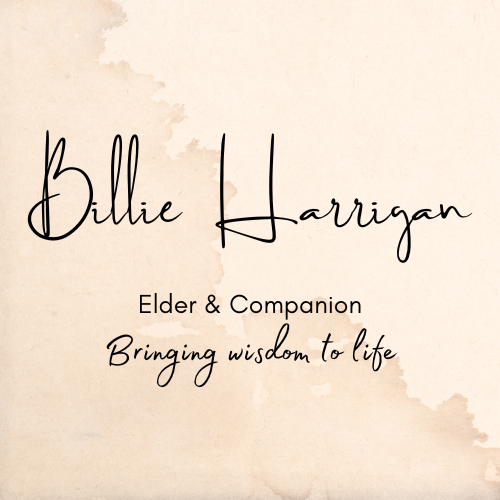Recently, #metoo went viral as hundreds of thousands of women, and some men, said “me, too, I’ve been sexually harassed, assaulted or violated”. There were stories told for the first time. There were experiences re-told through a stronger voice. And in private forums, women told of rapes, childhood molestation, being drugged, and more. Some couldn’t post “me too” on their social media stories because they didn’t want their parents to know, believed they were partly to blame, or felt it was too exposing. One woman said she didn’t want the world to know she was “weak”. When asked, she said she wasn’t strong enough to fight off her attacker and she felt ashamed for it.
There were waves of trauma as some survivors found it too overwhelming to see the hundreds of #metoo’s across their news feeds and had to disconnect until it passed. It was not comforting to know they were not alone. It was horrifying.
And this isn’t just an issue of female looking or female identifying individuals being sexually violated. Men and boys are also sexually assaulted. Yet, from a cultural perspective, the response is different. Males are not told that “boys will be boys” or "girls will be girls" and they just normally like to grope and grab and hump and fondle males. Males are rarely depicted being sexually assaulted in music videos as a form of entertainment. They are not routinely asked what they were wearing, if they were out alone, if they went to a party, or if they were drinking. As a culture, we don’t victim blame males to the same extent that we victim blame females.
Read more